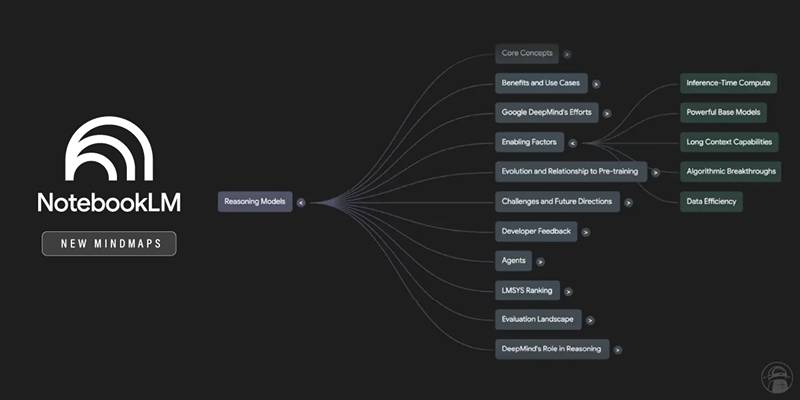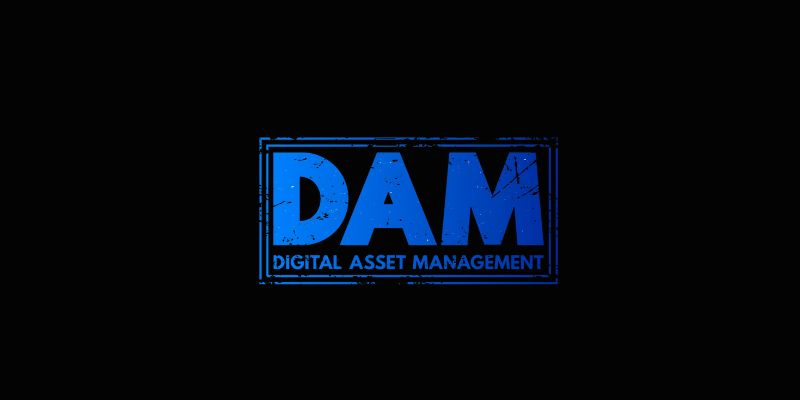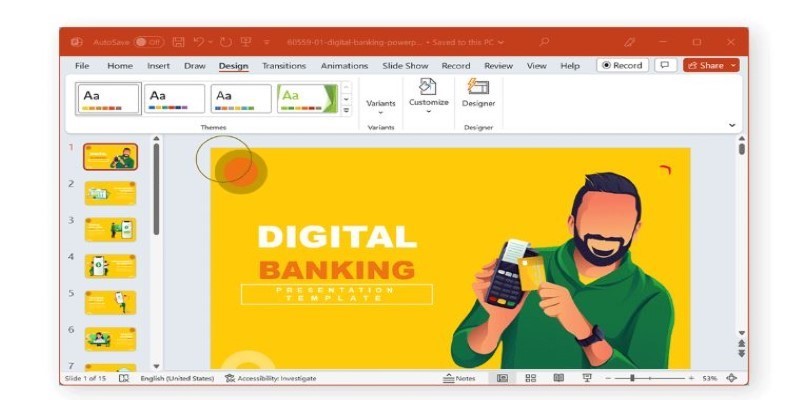A significant cybersecurity incident has come to light involving the social media platform X (formerly Twitter), where the private email addresses of over 200 million users were leaked and made publicly accessible via an underground forum. This breach, uncovered by the cybersecurity team at SafetyDetectives, represents one of the largest known exposures of user data from a major social media platform in recent memory.
The compromised dataset, totaling approximately 34 GB in size, was shared on a notorious forum named BreachForums. A user going by the alias "ThinkingOne" is responsible for publishing the leak. According to researchers, the exposed data is not just a random sampling but a consolidated file containing millions of entries verified to belong to legitimate X accounts.
Contents and Scope of the Leaked Data

The breach includes a vast amount of metadata tied to X users. The leaked dataset comprises user email addresses, the date of account creation, display names (both past and present), tweet counts, and, in some instances, location data. While the breach reportedly does not contain passwords or phone numbers, the information it does include is considered highly sensitive due to its potential use in malicious campaigns.
Security analysts have confirmed the accuracy of the dataset after cross-verifying a sample of the leaked emails with real X accounts. This validation has reinforced concerns that the dataset could be used to craft highly targeted phishing schemes or impersonation attacks. Since behavioral metadata is also included, malicious actors could easily exploit this information to craft messages that appear unusually credible.
Connection to a Previous Breach
The source of this new leak is not fully confirmed, but indicators suggest it may be linked to a broader breach that occurred in 2023. That earlier incident reportedly exposed data from approximately 2.8 billion X accounts—many of which may have included bots, duplicates, or inactive users. "ThinkingOne," the user behind the 2025 leak, claimed to have cross-referenced and refined the old data to isolate a list of 201 million active user profiles, all tied to real and functioning email addresses.
This curated dataset increases the threat level significantly. Instead of being a raw, unstructured dump, this collection appears to have been filtered for active, verified accounts.
The Real-World Impact of the Breach
Even without passwords being exposed, the implications of this leak are far-reaching. Email addresses tied to real user profiles, combined with behavioral metadata like posting frequency and account age, can serve as the foundation for various cyber threats.
Some of the major risks include:
- Phishing attacks: Scammers can send fraudulent emails impersonating X or other services, using personal information to increase believability.
- Impersonation: With display names and email addresses available, bad actors can pose as legitimate users in online communities or customer service interactions.
- Targeted scams: High-profile users, influencers, and verified accounts are especially vulnerable, as attackers may tailor fraud attempts based on available activity metrics.
- Social engineering: The exposure of metadata offers attackers insight into user habits and behavior, which can be leveraged for more complex schemes.
These risks are not hypothetical. In past breaches, exposed data of a similar kind has led directly to account takeovers, reputational damage, and large-scale spam campaigns.
Silence from X Raises Concerns
Attempts by cybersecurity researchers and media outlets to reach X for comment have, so far, gone unanswered. The platform has not issued a public acknowledgement or advisory regarding the incident. This lack of transparency has raised questions about X's data handling practices and its responsiveness to large-scale security issues.
Security experts argue that a swift public response could help users take protective actions—such as changing account emails, enabling two-factor authentication, or monitoring for suspicious activity.
BreachForums and the Role of Marketplaces
The leak was posted on BreachForums, an online space known for distributing illegally obtained data. These forums operate on the fringe of the internet and are typically used to exchange stolen credentials, corporate records, and personal data dumps.
While law enforcement agencies around the world frequently target and shut down such forums, they often reemerge under different names or hosting infrastructures. In the case of this leak, the dataset was provided freely rather than sold, suggesting a possible motive of exposure rather than profit. However, this also means the data is now more accessible to a wider range of malicious actors.
This distribution model increases the urgency of the situation. When sensitive user information is shared publicly rather than sold discreetly, it tends to spread rapidly across multiple platforms and dark web repositories, making mitigation far more difficult.
What Users Can Do to Stay Protected?

Although passwords were not part of the breach, users whose email addresses are tied to their X accounts should remain vigilant. Cybersecurity professionals recommend the following actions:
- Enable two-factor authentication (2FA): Even if email addresses are exposed, this step adds a security layer.
- Beware of suspicious emails: Emails that appear to come from X or related services should be scrutinized, especially if they ask for personal data or login credentials.
- Monitor online accounts: Check for unusual activity across all platforms connected to the compromised email.
- Update email credentials: Changing the email linked to your social media accounts or switching to a secure, unique address for logins can reduce risk exposure.
These steps won’t reverse the breach, but they can limit the potential damage that might result from it.
Conclusion
The breach affecting over 200 million X users underscores a harsh reality of modern digital life: no platform, regardless of its size or prominence, is immune to data leaks. While the absence of password data may offer a sliver of relief, the depth and quality of the leaked information make this incident a serious cybersecurity event. Email addresses, especially when paired with contextual data like display names and account history, are highly valuable in the cybercrime economy.







